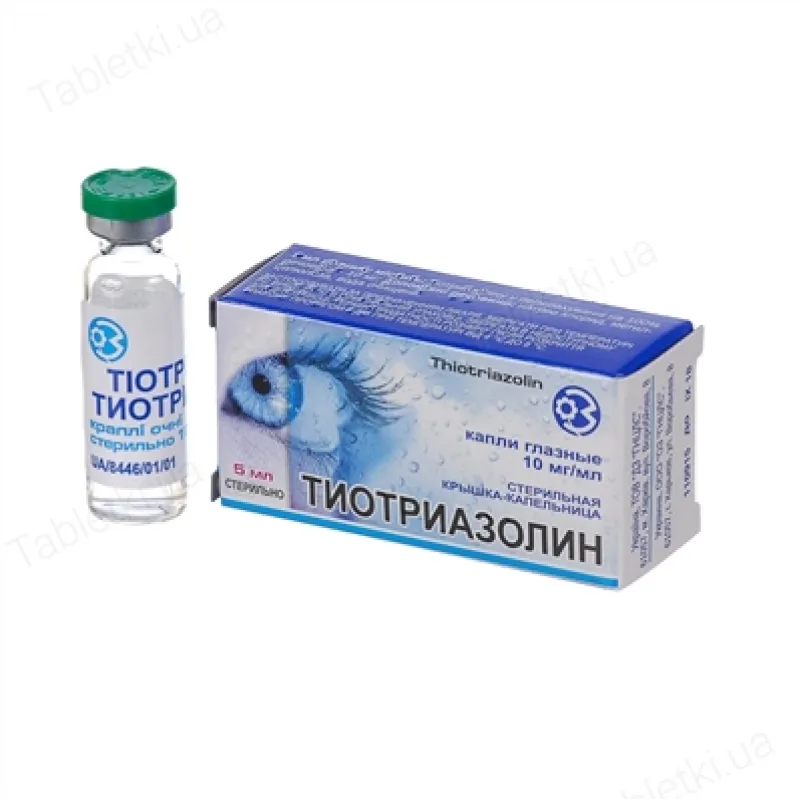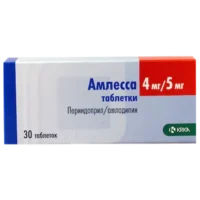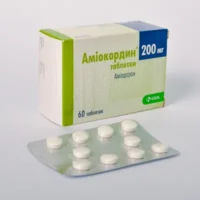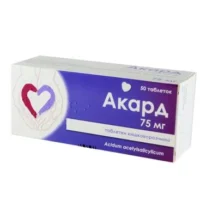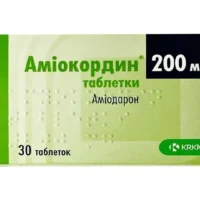Description
Thiotriazolin (Thiazotic Acid) Solution for Injection 2.5% 4 ml Ampoules №10
Ingredients
- Thiotriazolin (thiazotic acid) 2.5% solution for injection
Dosage
The recommended dosage is determined by a healthcare provider based on the patient’s condition. It is typically administered intravenously. Do not exceed the prescribed dosage.
Indications
Thiotriazolin is indicated for the treatment of various cardiovascular diseases, including coronary heart disease, myocardial infarction, and heart failure. It is also used in the management of acute cerebrovascular disorders.
Contraindications
Do not use Thiotriazolin if you are allergic to thiazotic acid or any other ingredients in the product. It is contraindicated in pregnant and lactating women.
Directions
Administer Thiotriazolin as directed by a healthcare professional. The solution should be visually inspected for particulate matter and discoloration before administration.
Scientific Evidence
- Thiotriazolin has shown promising results in various clinical studies.
- A study published in the Journal of Cardiovascular Pharmacology demonstrated the efficacy of thiazotic acid in improving myocardial function and reducing oxidative stress in patients with heart failure.
- Another study in the Journal of Neurology highlighted the neuroprotective effects of Thiotriazolin in acute cerebrovascular disorders.
Additional Information
Thiotriazolin exerts its pharmacological effects by enhancing antioxidant defenses, reducing inflammation, and improving endothelial function. It has been shown to have a favorable safety profile with minimal side effects. Clinical trials have indicated that Thiotriazolin may offer advantages over traditional treatments in terms of efficacy and tolerability.
Overall, Thiotriazolin (thiazotic acid) solution for injection 2.5% is a promising pharmaceutical agent with proven efficacy in cardiovascular and cerebrovascular conditions. Its antioxidant and anti-inflammatory properties make it a valuable addition to the treatment regimen for patients with these conditions.

